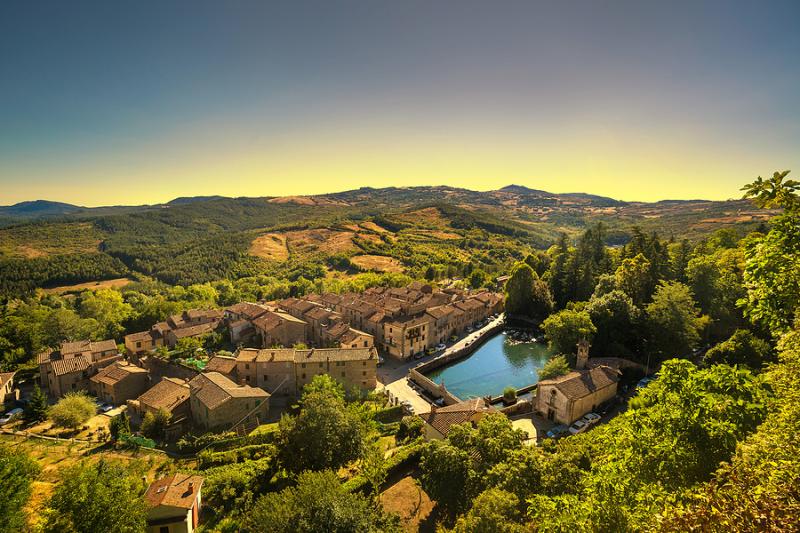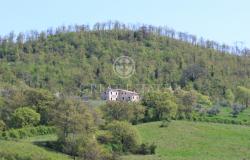Small towns and villages in Italy have suddenly become more attractive for people looking to escape stressful and crowded city life. With the advent of remote working (dubbed ‘smart working’ in Italy) due to the Covid pandemic, many Italians are no longer necessarily forced to live in the city and are considering relocating to the countryside or to the mountains, where rents are lower, the residents fewer and the pace of life slower.
But if you work remotely, you need a strong Internet connection, something that is still lacking in many areas of Italy, especially small and remote villages.
Santa Fiora, a village in Tuscany, wants to change that, promoting itself as the first Italian village to welcome and encourage remote working, through its ‘Santa Fiora Smart Village’ project.
This historic borgo with less than 3,000 residents on the slopes of Mount Amiata (province of Grosseto), has set up high-speed fiber optic cable to cover its entire area and has launched an initiative setting aside €30,000 to provide some financial incentive to anyone wishing to live in Santa Fiora for at least two months, with the chance to have 50% of rent covered by the local fund.
“I believe that remote working is not just a temporary solution to face the current emergency, but that it can represent the future, at least for certain jobs, putting a person in the position to work at his or her best for the company and at the same time to be happy,” said Santa Fiora’s mayor Federico Balocchi. “Let’s not forget that feeling good also means being more productive. Our hope is that, after a trial period, Santa Fiora may become a permanent choice for some, who may come to live here indefinitely with their family.”
Last September, the region of Emilia-Romagna issued a regional fund to help young people move to one of the region’s ancient and semi-abandoned mountain towns. There were more than 2,000 applications.














